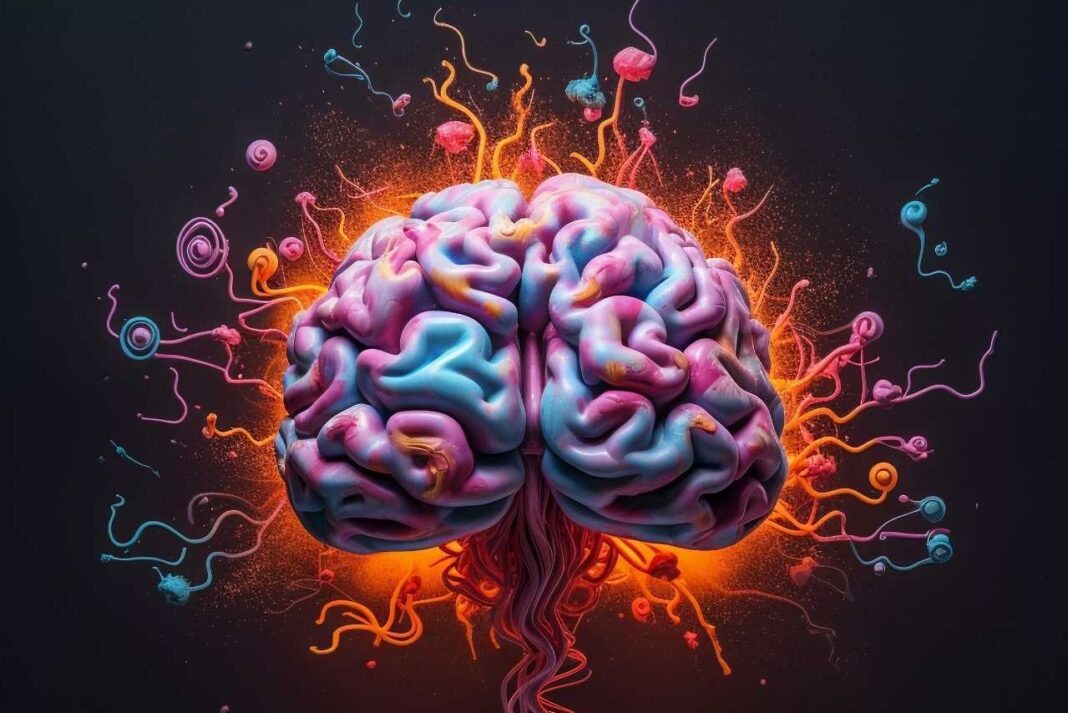Our body gets tired in our daily activities, but sometimes the real fatigue is in our mind. Invisible thoughts in our heads make us more tired. One of the biggest causes of this invisible but intense mental fatigue is at least mind parasites. These thoughts, which easily seep into the mind, often affect us without even realizing it, distract us, disrupt our mood, and are one of the most difficult tests of a person.
What Are Mind Parasites?
Mind parasites are repetitive, uncontrolled, and generally negative thoughts that appear involuntarily in the mind of an individual. These often manifest themselves in the form of events that have happened in the past, worries about the future, feelings of worthlessness, fears of failure, or self-criticism. These thoughts may not be logical; even a person knows that what he is thinking is unreal or exaggerated. But still that thought comes, settles down, and wants to stay there.
The reason why these thoughts are called “parasites” is that, just like a biological parasite, they consume a person’s mental energy, reduce their functionality, and are usually present there without the individual’s consent. Let’s look at these sentences as an example:
- “I’m not good enough.”
- “What I said that day was ridiculous.”
- “What if I fail?”
- “If I had done this in the past, my life would have been different.”
Think about how familiar these sentences sound. Perhaps you have already said one of them quietly in your mind while you are reading these lines right now.
How Do They Affect Our Daily Life?
Mind parasites disturb a person’s peace of mind. Living thought-oriented causes an inability to live in the moment. Although a person is physically present in one environment, mentally he may be in a completely different place. This leads to distraction, forgetfulness, decreased productivity, difficulty in social relationships, and difficulty in general life. Mind parasites show their effect especially in the following areas:
- Carelessness:
Constantly being deceptive between thoughts about the past or the future makes it difficult for a person to think about the present. A person may feel bad at the place or at school.
- State of Emotions:
Negative thoughts trigger negative emotions such as anxiety, stress, anger, or guilt. This condition constitutes depression or anxiety disorders.
- Sleeplessness:
Thoughts that fill the mind when going to bed at night make it difficult to fall asleep. Sometimes a person wakes up and can’t go back to sleep because the mental chatter continues.
- Social Relations:
Mind parasites can cause a person to turn inward, distance themselves from people, or constantly seek approval.
Is It Possible to Stop Mind Parasites?
The good news is: Yes, it is possible to deal with mind parasites. It may not be possible to completely destroy them, but it is possible to learn to manage negative thoughts, reduce their impact. Here are some strategies:
- Developing Awareness (Mindfulness):
The first step of mind parasites is based on not being noticed. Starting to notice them is the biggest step. Saying, “I’m having such a thought right now” prevents him from controlling you.
- Recognizing Thought as Thought:
It is important to remember that when a thought comes, it is not a fact, but only a “content of the mind”. Not every thought is real.
- Keeping a Thought Diary:
Because the mind repeats parasites, writing them down increases awareness and allows you to see the irrationality of thoughts.
- Breathing and Meditation Techniques:
When the mind is busy, the body also becomes restless. Taking deep breaths, meditating, or taking short walks in nature can ease the mental load.
- Getting Professional Support:
When mind parasites intensify, it can seriously reduce a person’s quality of life. Cognitive Behavioral Therapy (CBT) is a highly effective approach to recognize and transform such thoughts.
Are There Any Advantages or Disadvantages of Mind Parasites?
Mind parasites, which often seem to be negative, may also have some advantages. The human mind can also make some thoughts repeat for functional reasons, such as warning against danger, not repeating learned mistakes.
Advantages:
- It can make the person more careful.
- It can encourage learning lessons from the past.
- It can provide motivation for self-inquiry and development.
But these advantages apply to situations where the thought is useful and manageable. When mind parasites get out of control and disrupt functionality, these benefits disappear.
Disadvantages:
- It prevents living in the moment.
- It can trigger mental disorders.
- It can shake a person’s self-confidence.
- It causes a loss of energy, time, and attention.
In short, although mind parasites can be useful, this is a rare and limited condition. It often causes harm and needs to be intervened.
Mind parasites are one of the invisible burdens of our age. They appear in all of our minds from time to time. The important thing is not to suppress these thoughts, but to learn to notice and manage them. Instead of immediately panicking when the thought comes, it is a great strength to know that he is a temporary guest. Mental silence is not a dream, but a skill that can be developed with practice.
Remember: you are the boss of your mind. You don’t have to host every thought. It might be time to show some of them the door…



